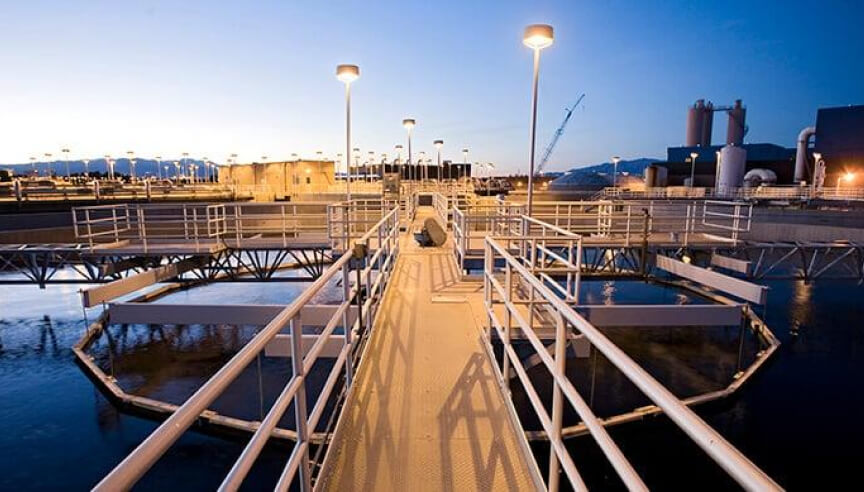Recent Posts
Where Does Municipal Wastewater Go in Dubai? Is It Reused?

Where Does Municipal Wastewater Go in Dubai? Is It Reused?
Dubai, a city synonymous with innovation and sustainability, has developed advanced systems to manage and utilize its municipal wastewater. In a region characterized by scarce freshwater resources, wastewater management is a critical aspect of ensuring environmental sustainability and supporting rapid urbanization. Here’s an overview of what happens to municipal wastewater in Dubai and how it is reused.
The Journey of Municipal Wastewater
1. Collection and Transportation:
Municipal wastewater in Dubai is collected from residential, commercial, and industrial sources through an extensive network of sewers. The wastewater is transported to centralized treatment facilities, with Dubai Municipality overseeing this critical infrastructure.
2. Treatment Process:
- Primary Treatment:
Large debris and solids are removed using screening and sedimentation processes. - Secondary Treatment:
Biological processes, such as activated sludge systems, break down organic matter. - Tertiary Treatment:
Advanced filtration and disinfection techniques ensure the water meets high-quality standards. Methods like sand filtration, reverse osmosis, and UV disinfection are employed.
Reuse of Treated Wastewater
Dubai places a strong emphasis on reusing treated wastewater, addressing water scarcity and reducing environmental impact. The primary avenues for reuse include:
- Irrigation for Landscaping:
A significant portion of treated wastewater is reused for irrigating parks, green belts, and public landscapes. This supports Dubai’s vision of maintaining a lush and attractive urban environment despite its desert climate. - Industrial Applications:
Treated wastewater is used in various industrial processes, such as cooling systems and construction activities, reducing the demand for potable water. - Groundwater Recharge:
Some treated water is used to replenish aquifers, helping to maintain groundwater levels and counteract over-extraction. - Potential Potable Reuse:
While not yet a widespread practice, Dubai continues to explore technologies that could make treated wastewater safe for direct potable use in the future.
Environmental and Economic Benefits
Reusing treated wastewater has numerous benefits:
- Water Conservation:
Reduces reliance on desalination and natural water resources. - Cost Efficiency:
Treated wastewater provides a cost-effective alternative to freshwater for non-potable applications. - Sustainability:
Supports Dubai’s commitment to reducing environmental impact and achieving sustainability goals.
Challenges and Future Prospects
Despite its success, Dubai faces challenges in wastewater management, including:
- Increasing volumes of wastewater due to population growth and urbanization.
- Ensuring consistent water quality for various reuse applications.
To address these, Dubai is investing in cutting-edge technologies, expanding treatment capacity, and fostering public awareness about the importance of water conservation.
Conclusion
Dubai’s approach to municipal wastewater demonstrates how modern cities can turn waste into a resource. By prioritizing reuse and sustainability, Dubai not only addresses its water challenges but also sets an example for other regions facing similar issues. The city’s commitment to innovation ensures that wastewater management will continue to play a vital role in its growth and environmental stewardship.
